$20 Million Committed by State for Connected Vehicles
/The old Willow Run Airport is looking to become the second facility in Washtenaw County to focus on connected vehicle technology, according to John Maddox, CEO.
Ypsilanti Township Supervisor and WATS Policy Committee member, Brenda Stumbo stated “that this is a game changer for the community. When GM closed and demolished their facility we lost a part of the community’s rich history. With this new project two positives are happening, first, the Yankee Air Museum is preserving a portion of the plant where the planes flew out after being assembled and two, a new advanced technology is happening and giving Silicone Valley more competition”.
The Willow Run facility will feature:
Vehicle travel speeds up to 80 mph
Large configurable intersection and areas to simulate urban, suburban and commercial area (a mall or freight center)
Off-road section for possible military vehicle use
Rural area featuring gravel roads
The center will feature a 2.5-mile loop that will serve as a simulated highway with ramps, bridges, merge lanes, signs, changes in elevation and potentially a curved tunnel
According to MLive, the planned connected and autonomous vehicle (CAV) research facility received a $2.9 million grant from the Michigan Strategic Fund, where up to $20 million dollars can be requested for the project.
Joe Lawson, Ypsilanti Township Planning Director sat down with WATS staffer Suzann Flowers to discuss the project. “The automobile industry is evolving. This type of investment will continue to bring high tech and high paying jobs to our state. This type of development could also lead to spin off companies that will serve the industry.” Lawson added that this testing facility would include freeway testing, roundabouts, and include an urban setting. Lawson noted that Michigan’s changing seasons can play a large role in testing technologies for these cars.
Sources:
http://www.crainsdetroit.com/article/20160318/NEWS/160319860/willow-run-driverless-car-project-gets-ceo-board-of-directors
http://www.mlive.com/business/ann-arbor/index.ssf/2016/03/3m_grant_approved_for_planned.html#incart_river_home
http://www.detroitnews.com/story/business/autos/2016/03/22/wall-street-see-downside-self-driving-cars/82146426/
http://www.automobilemag.com/news/b-24-bombers-autonomous-car-testing/















